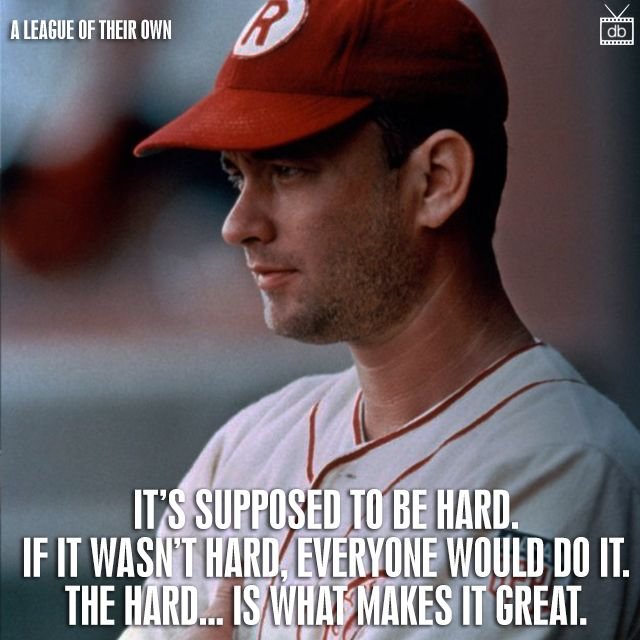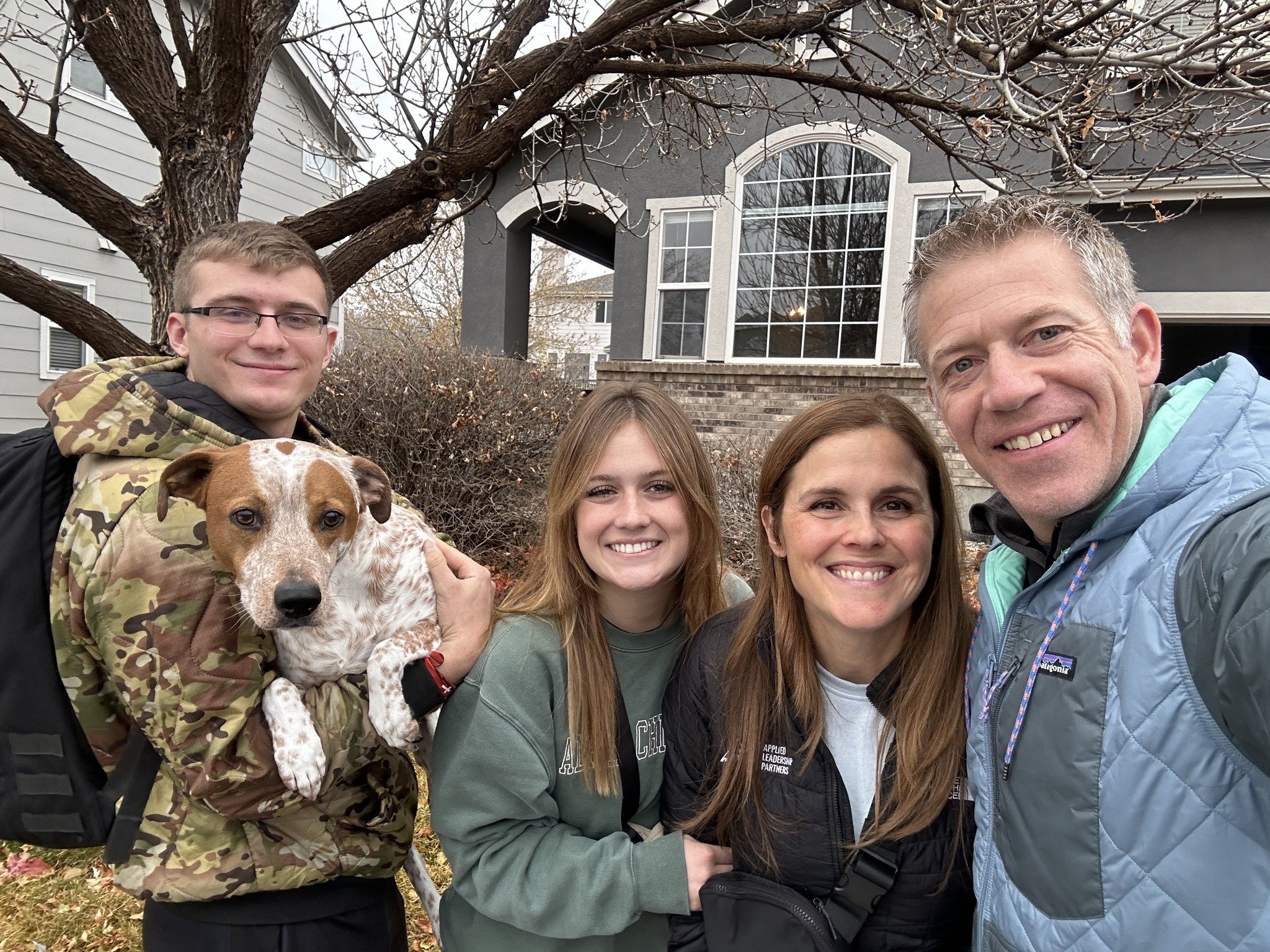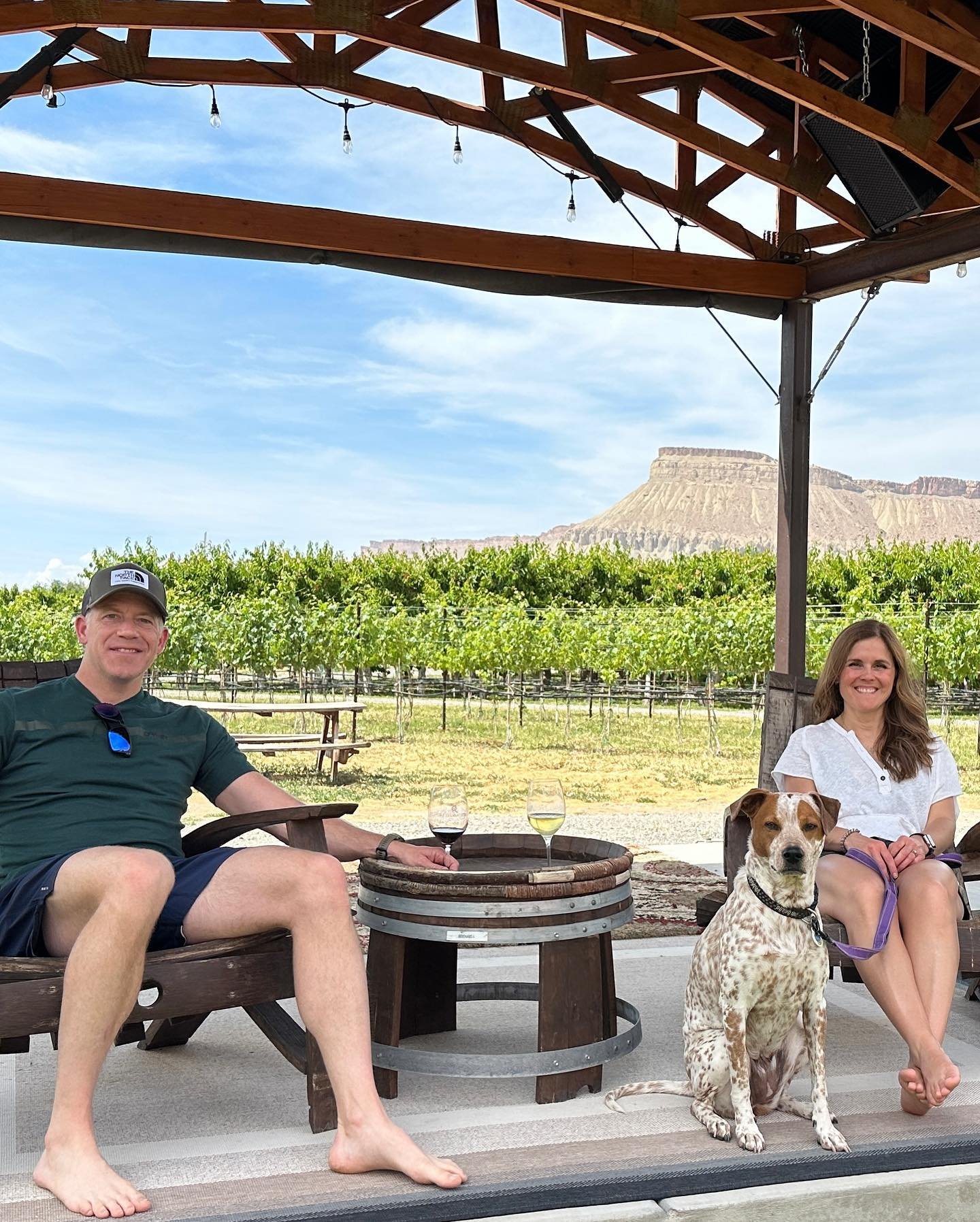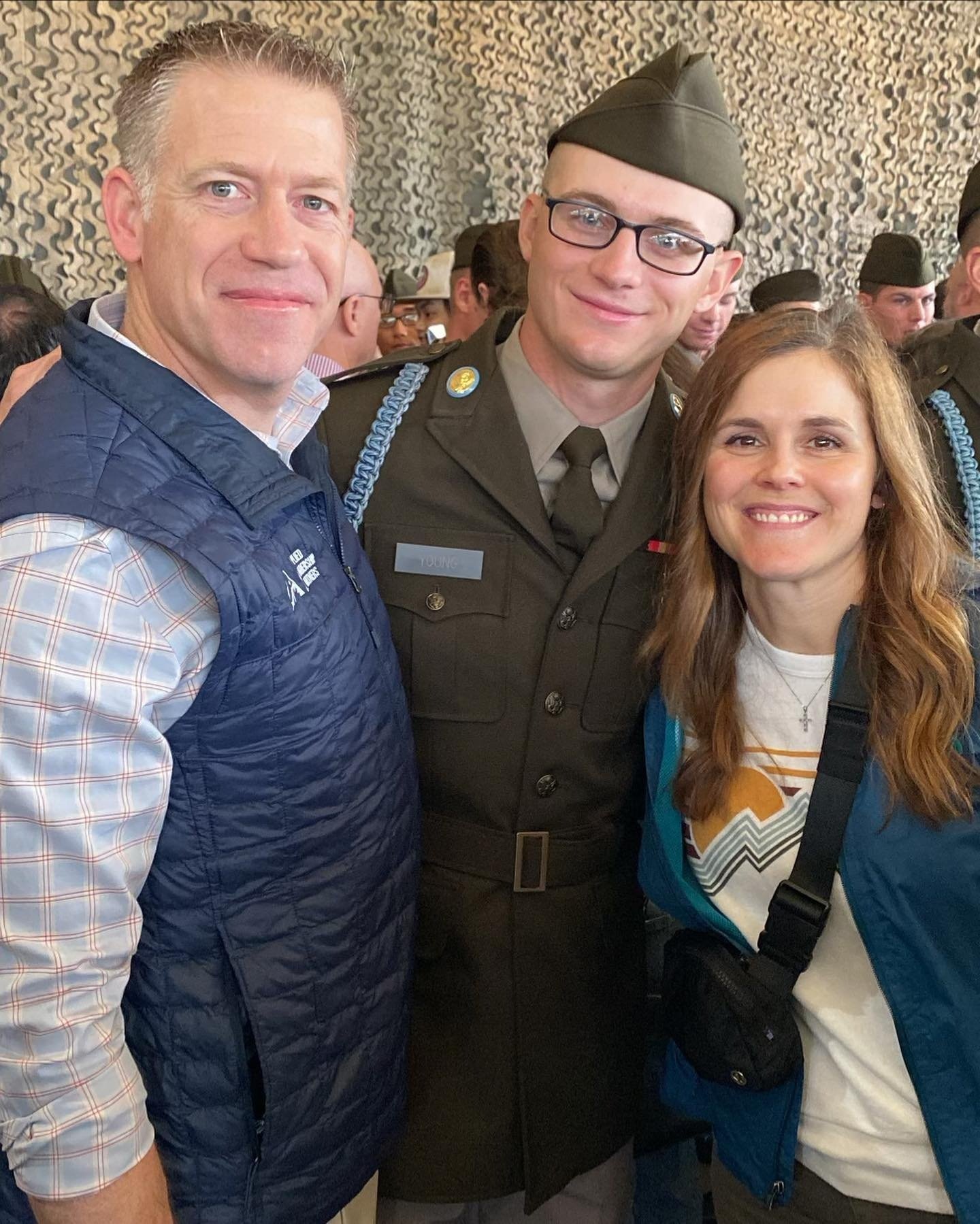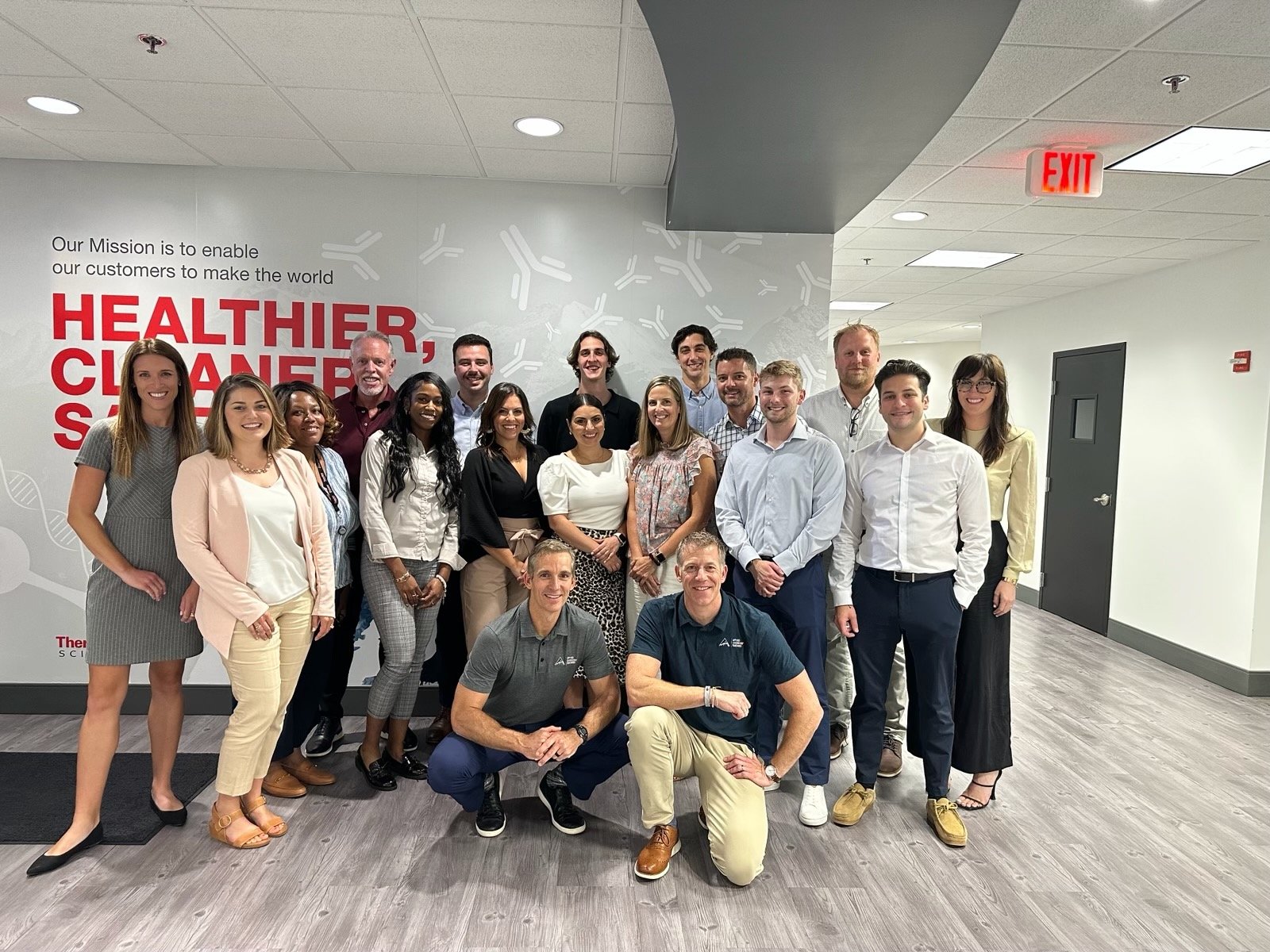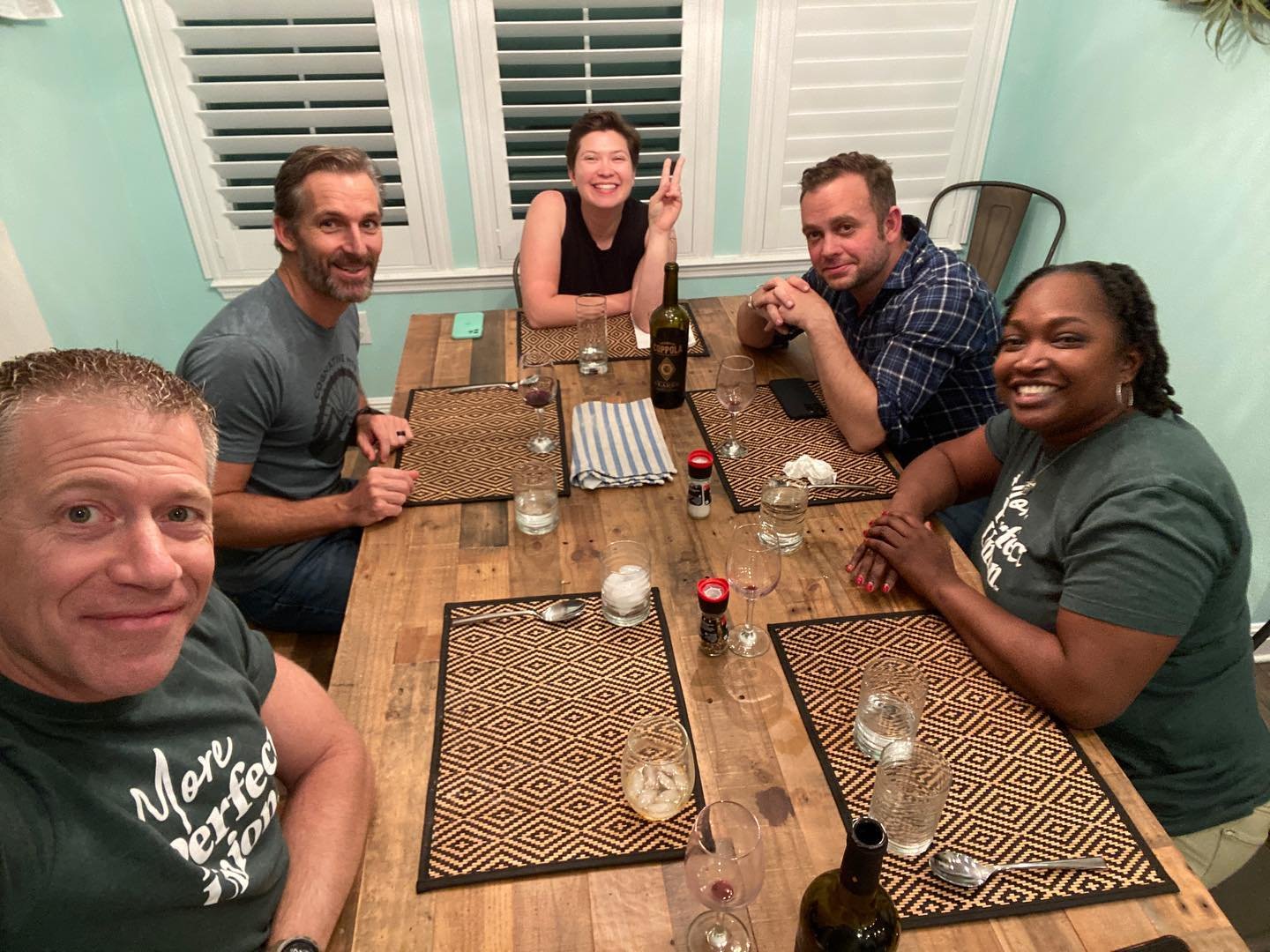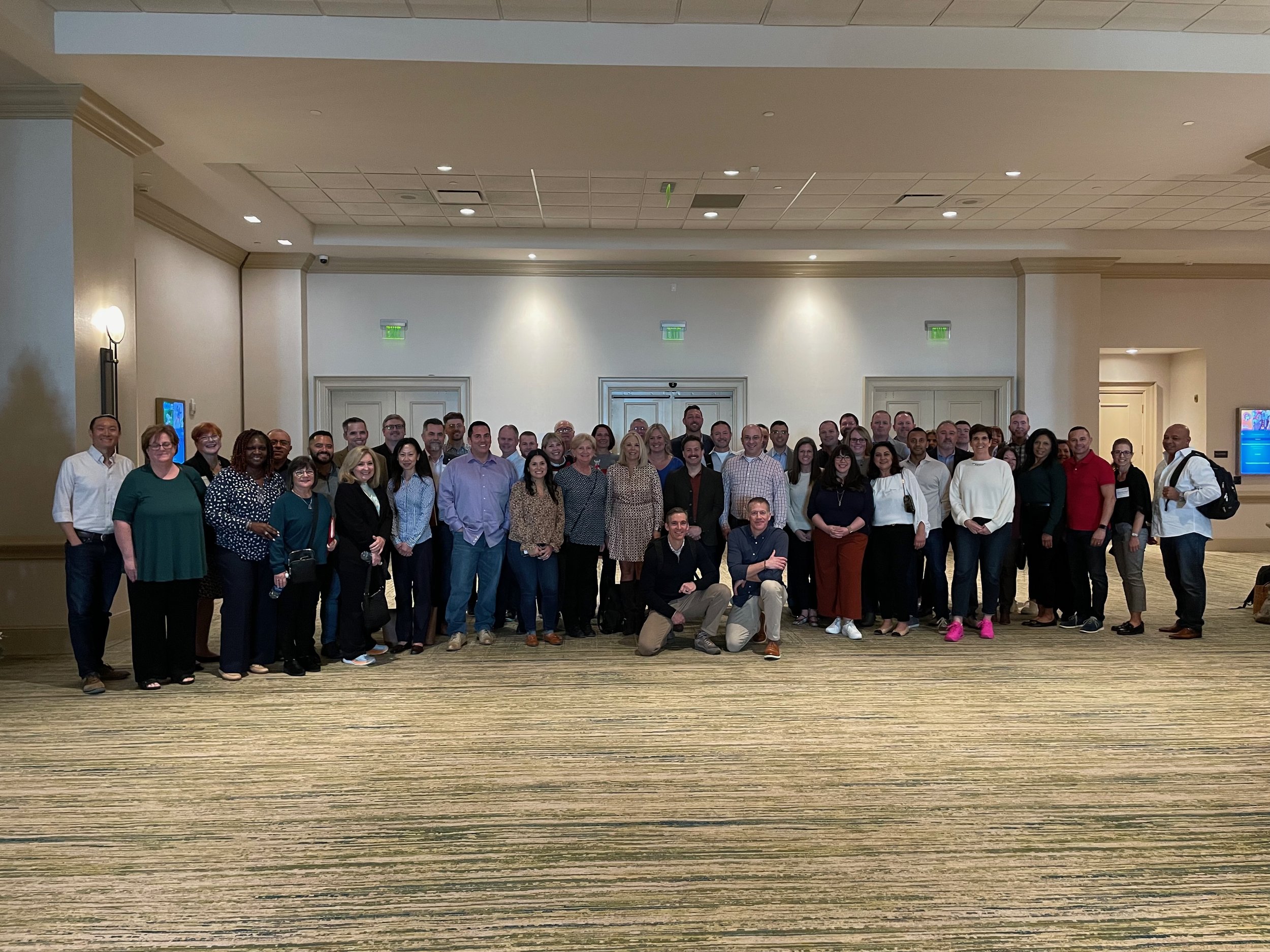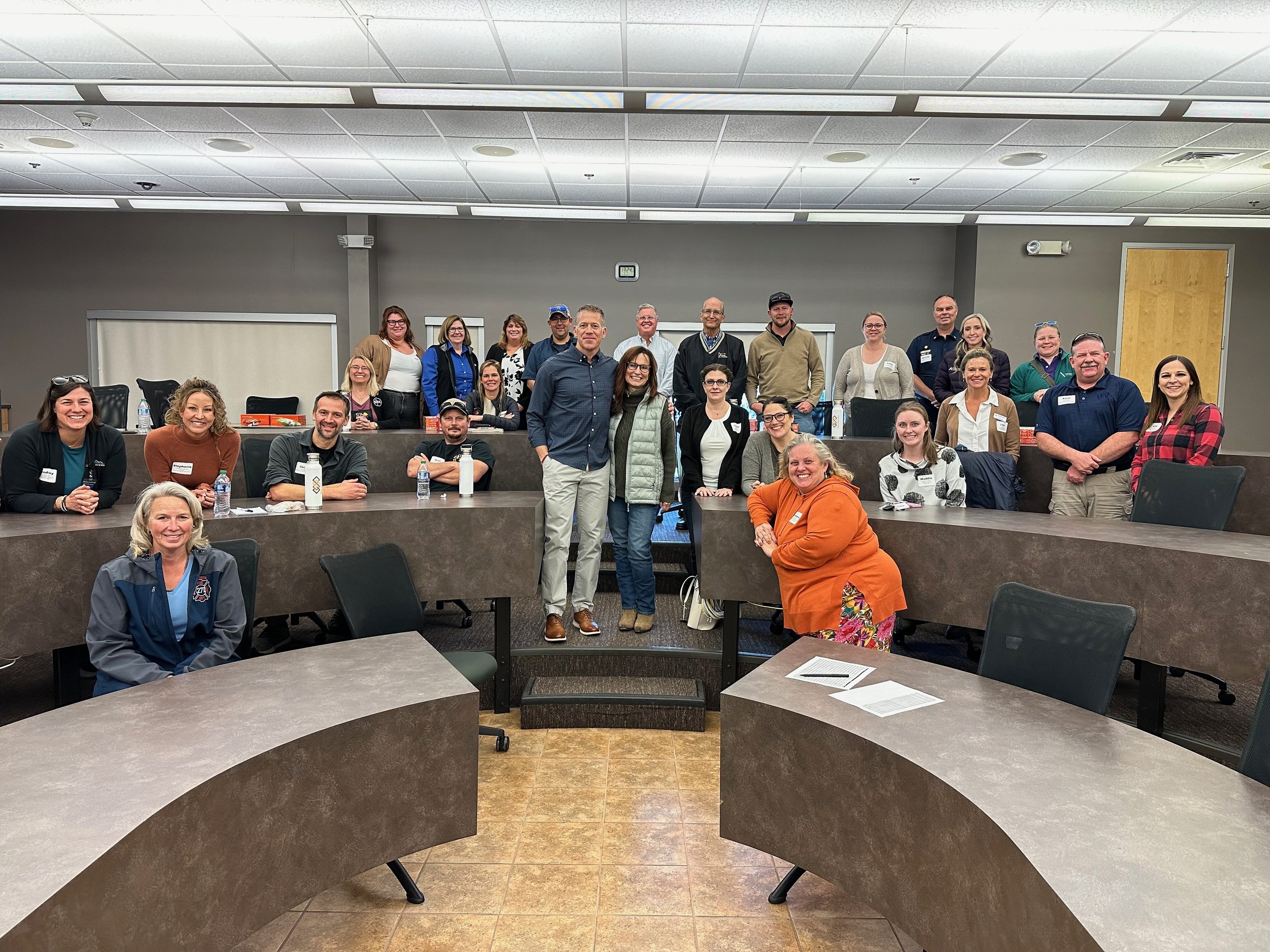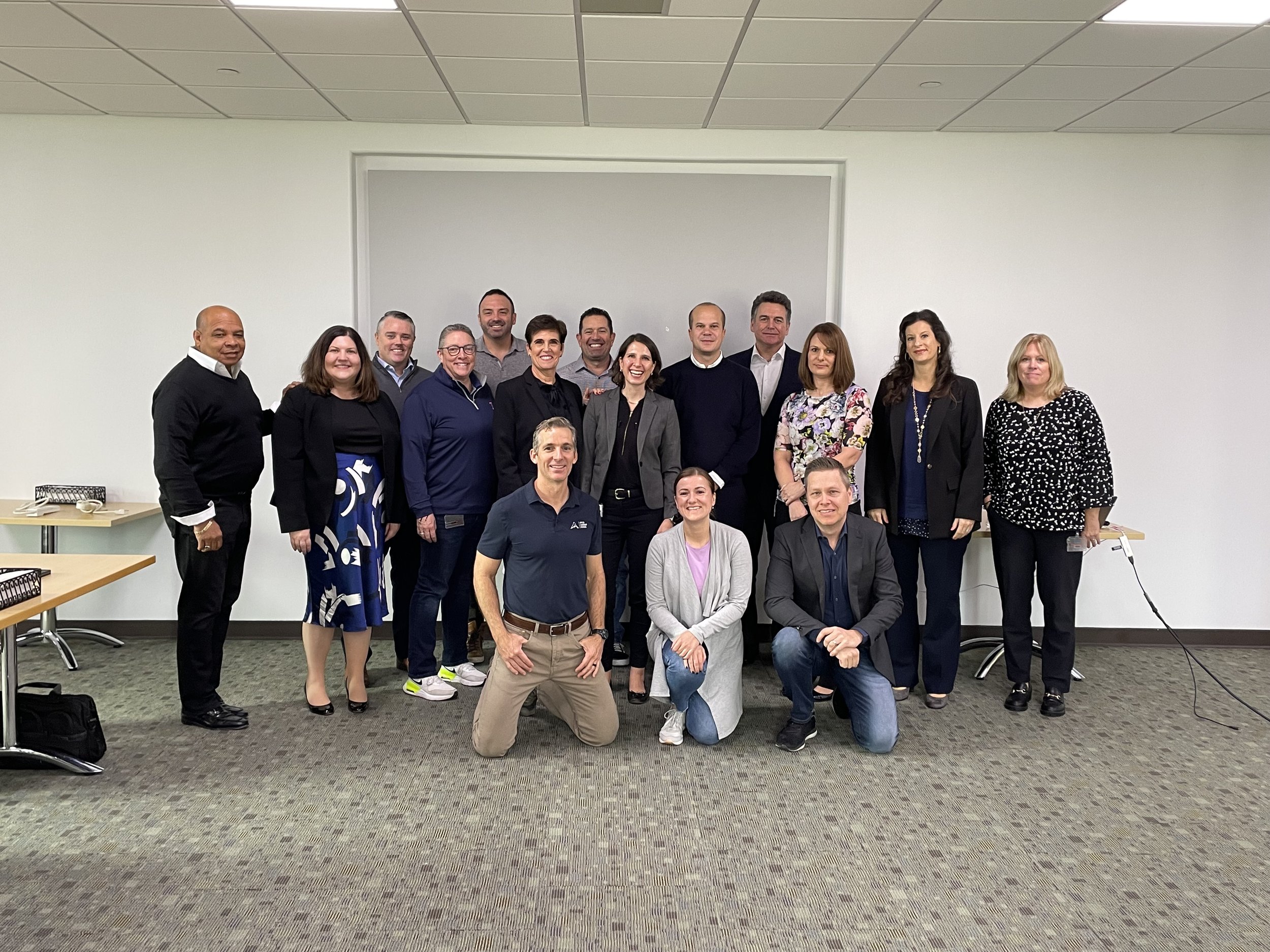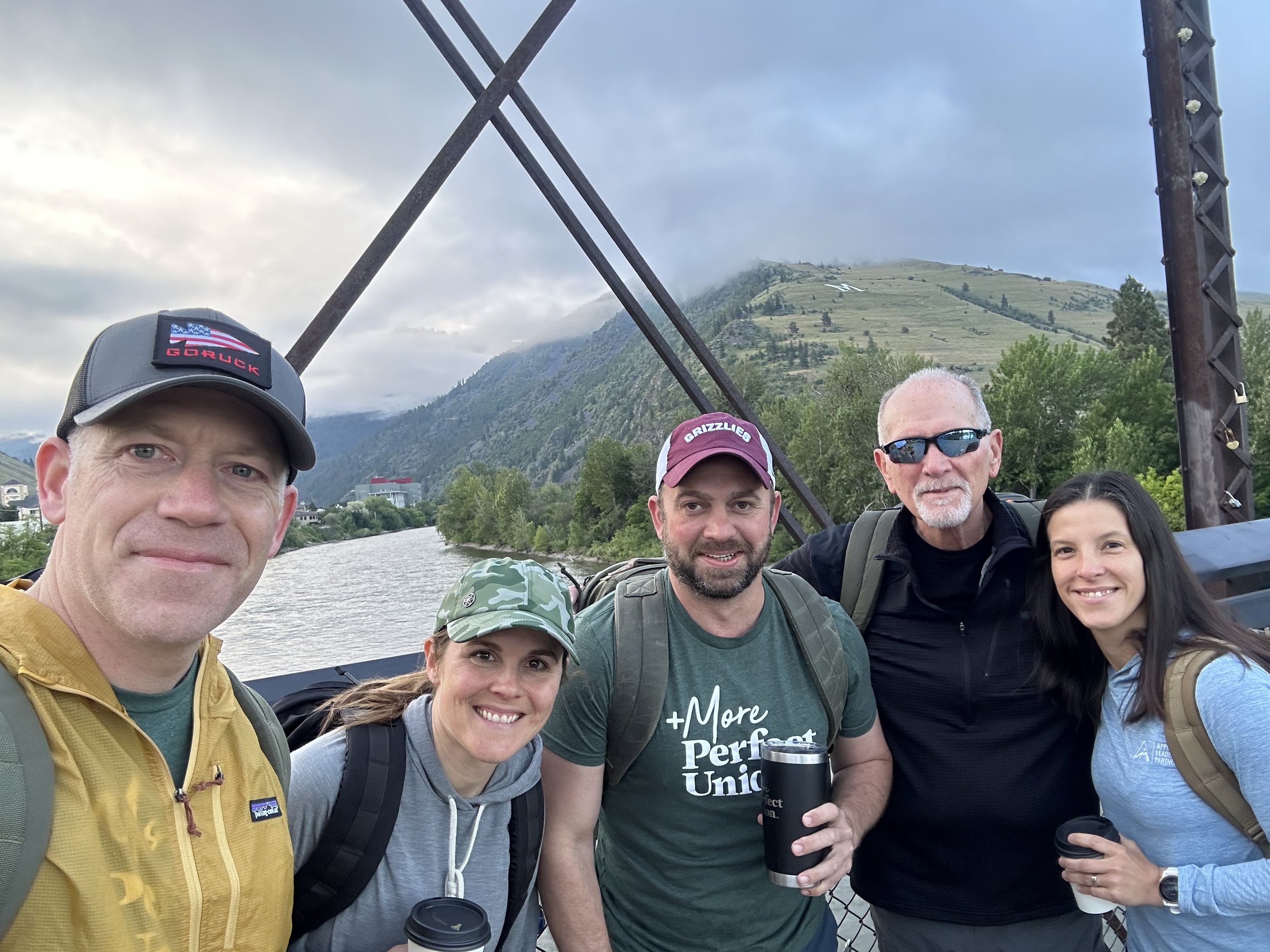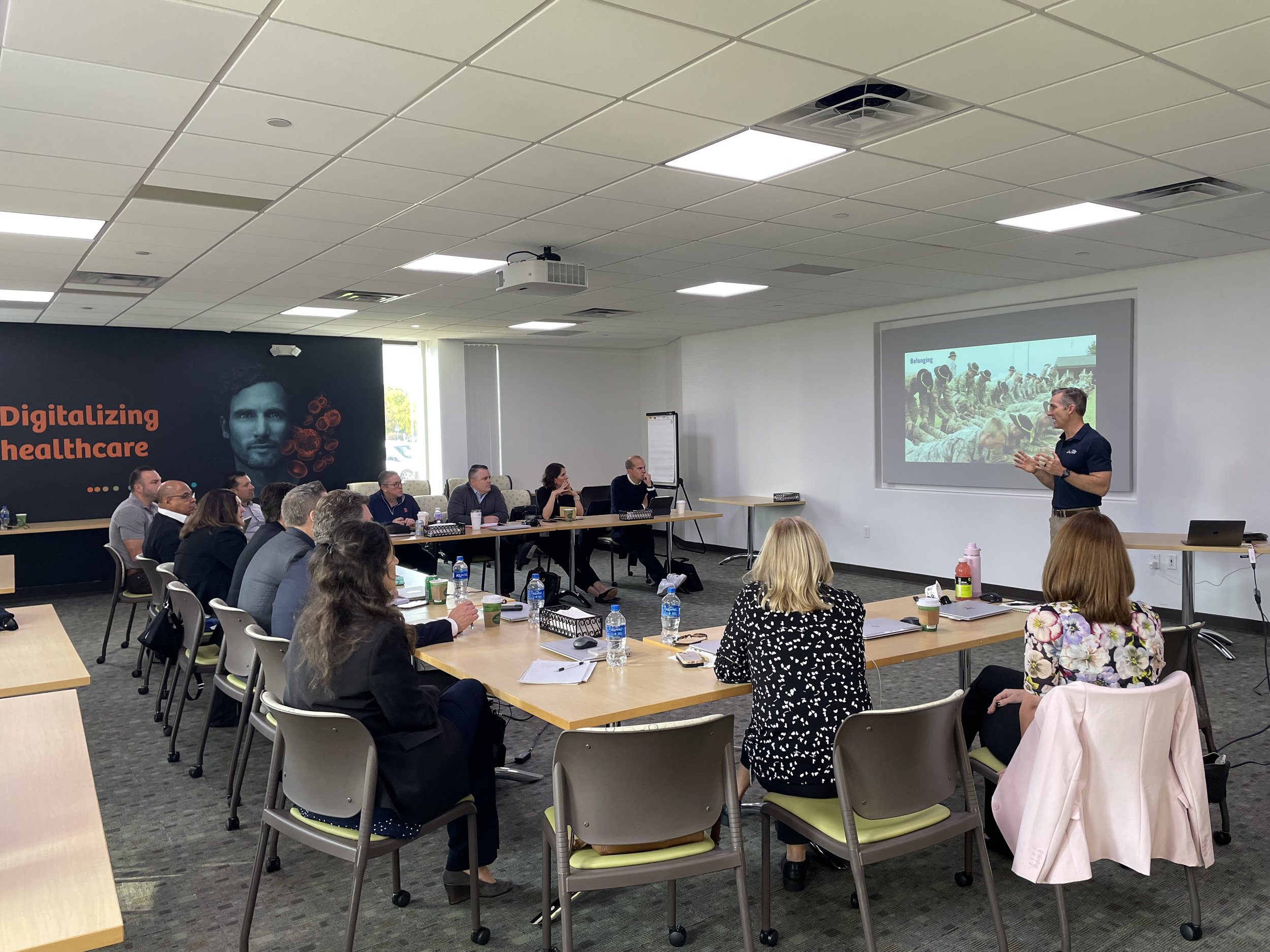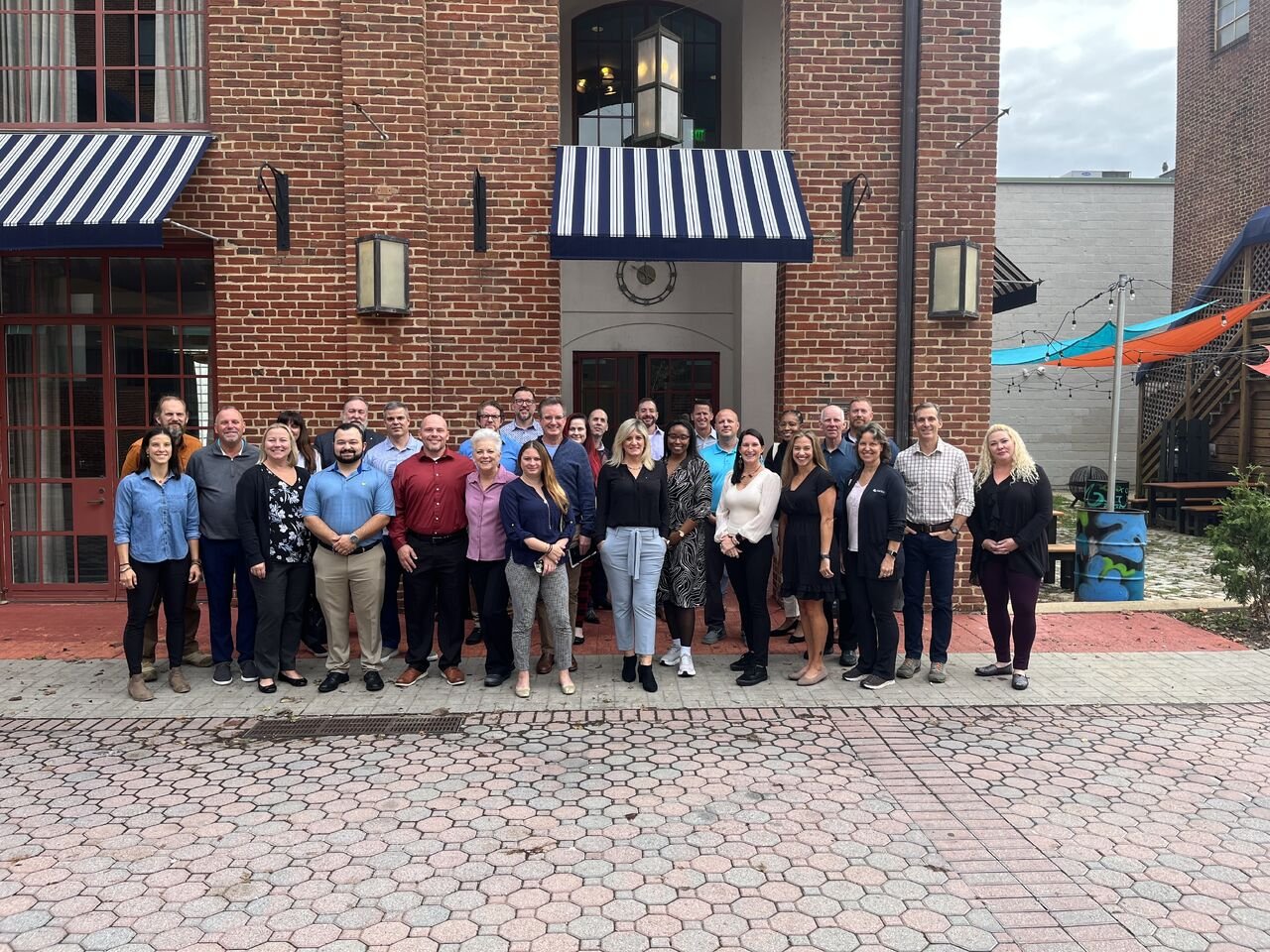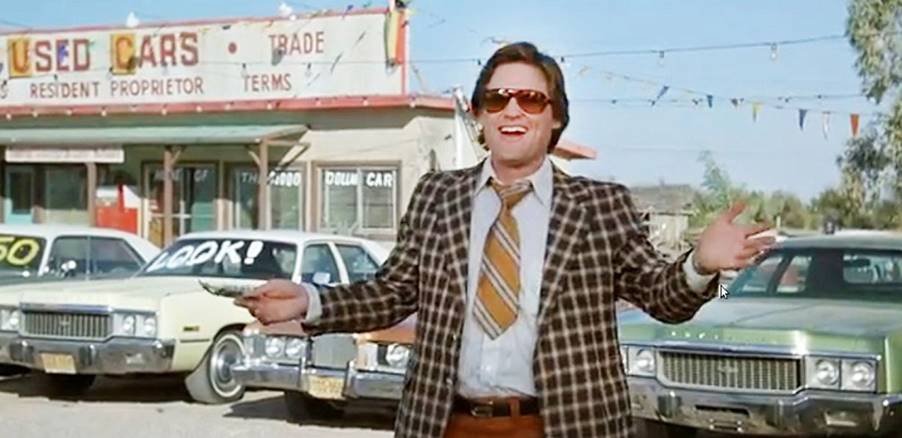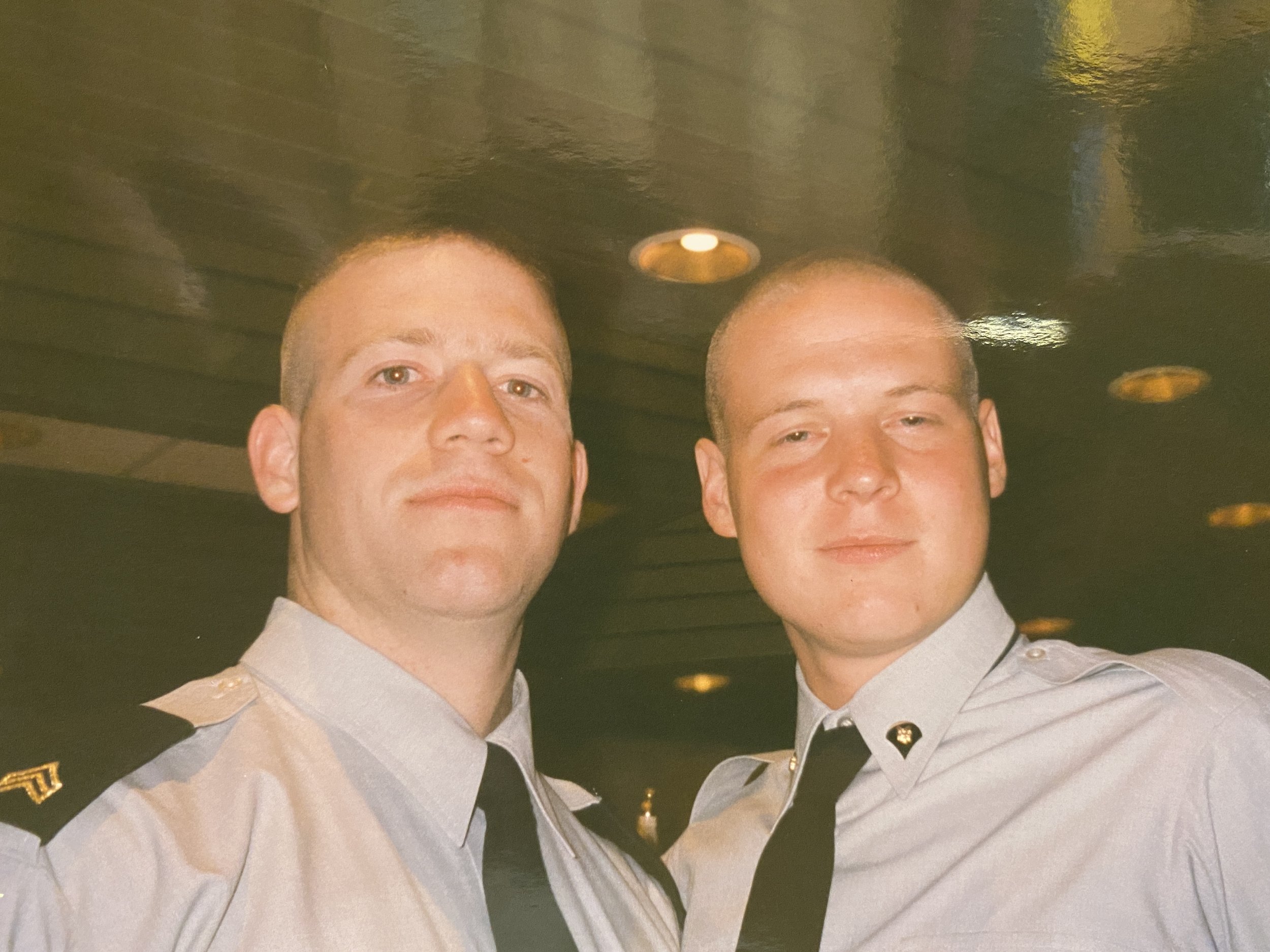Nobody wakes up in the morning and thinks, “I want to suck today!” But that doesn’t mean everyone wakes up and steels themselves to be great. I suspect that everyone does want to be great, though we often settle for average or good enough. Why?
We’ve been thinking about this a lot lately and find there are three common reasons that people don’t chase greatness: 1) greatness is hard; 2) greatness comes with high expectations; and 3) greatness can be lonely.
Greatness is the consistent achievement of our goals compounded over time. And consistently achieving at a high level is hard as hell. This is the first obstacle.
Greatness is hard. Staring down greatness gives us the reality check that it’s going to hurt. That is because it requires sacrifice. We sacrifice our time, our comfort, and our energy in the pursuit of greatness. This means that we forego a lot of easy options and downtime. It doesn't mean we have no downtime in the pursuit of greatness, but it does mean that we give it a secondary position in service to greatness. And that is damned hard because the easy options are…well, easy, and downtime costs nothing from us.
We are constantly faced with choices in our daily lives. Many of them require little thought, but some of them take some real effort, and it is these subtle but important decisions that end up moving us closer to, or further away from greatness. Like finding ourselves at 4:00 pm and knowing that we could either make one more sales call or hit the Starbucks drive-through and head for home. Greatness calls us to forego the latte and take one more crack at a difficult account before calling it a day. It’s the harder right instead of the path of least resistance. It’s a small, uphill step along the path to the summit.
Distractions and downtime seem to be always lurking around the corner in our remote work world. It’s one thing to stay focused when we’re working on a production line, but it’s not so simple when working from a computer where we can hop a window into a limitless world of options that occupy us. But we have to close those windows and get about the work that matters if we aim for greatness.
And taking that aim can feel scary because we don’t know if we’ll actually hit the target.
There’s a growing number of young people I interact with (largely young men) who are reluctant to pull back those arrows and take shots at greatness, largely because they are afraid to fail. When I ask them about it, many have shared the “What if” mixtape constantly playing in the background: What if I fail?, What if I look stupid?, What if I am embarrassed? And so on. But what if you win? That’s hard to consider over the clamor of doubt but important in the quest for greatness. This is why we’ve started asking people, “What’s the best that could happen?” right alongside the worst.
If we’re going to embrace greatness, we must accept that falling short is better than failing to try at all. We must reject the bait to run and hide and take the chance to fly.
Greatness comes with high expectations. Staring down greatness means others will expect more from us and we may not want to be in positions to let others down. We see it every year in the Super Bowl. Within the same breath, the champion is celebrated, and speculations of “next year” begin. Could he be the greatest quarterback of all time? How many contracts are up at the end of this season? What about the offensive and defensive coordinators…will they be head coaches next year? On and on it goes.
Great teams earn great expectations, and oftentimes, the reward for great work is more work! That’s the name of the game because great teams and great people can handle the expectations. They’ve earned the right to own them and the confidence to approach them. But if we’re being honest, playing from behind is easier. It’s easier to be an unknown or an underdog, but we only get one chance to be that. Once you’re found out, you’re on front street.
Though we may shy from high expectations, do we really want low expectations? Do we want others to expect little from us and resource us accordingly? Those with little expectations are given little resources. Yet, “to whom much is given, much is expected (Luke 12:48).” We’ll take the resources, so let’s also embrace the expectations and approach the target with earned confidence, a confidence that is built in the arena for the arena. And that arena doesn’t have to be a lonely place, but it often feels that way when we pursue greatness.
Greatness is lonely. Those of us who seek greatness push harder, go further, and run faster. We get ahead of the masses and stand above the crowd. We take the hard path and leave the easy walk to others. And we find ourselves alone more often than not. Not because we look down upon others or think ill of them, but because we have an internal drive and ambition that presses us on toward greatness. It’s not about me against you. It’s about me against me. I know I can do better, therefore I do better.
And while that can feel lonely, the truth is we are not alone, especially when we are on a team. Nothing done in isolation is done alone. That extra sales call that leads to a new client impacts the rep who won it, and the entire team. Don’t believe me? Watch the winning District Sales Manager at the end of the banquet night and see what happens. You will find her taking a team photo at the end of the night, trophy in hand. Because nothing her reps did in isolation was done alone.
Being great is not synonymous with being alone. Find the other weirdos who want to be great just like you do and connect with them. Drive them as they drive you. Inspire them as they inspire you. And compete with them as they compete with you.


